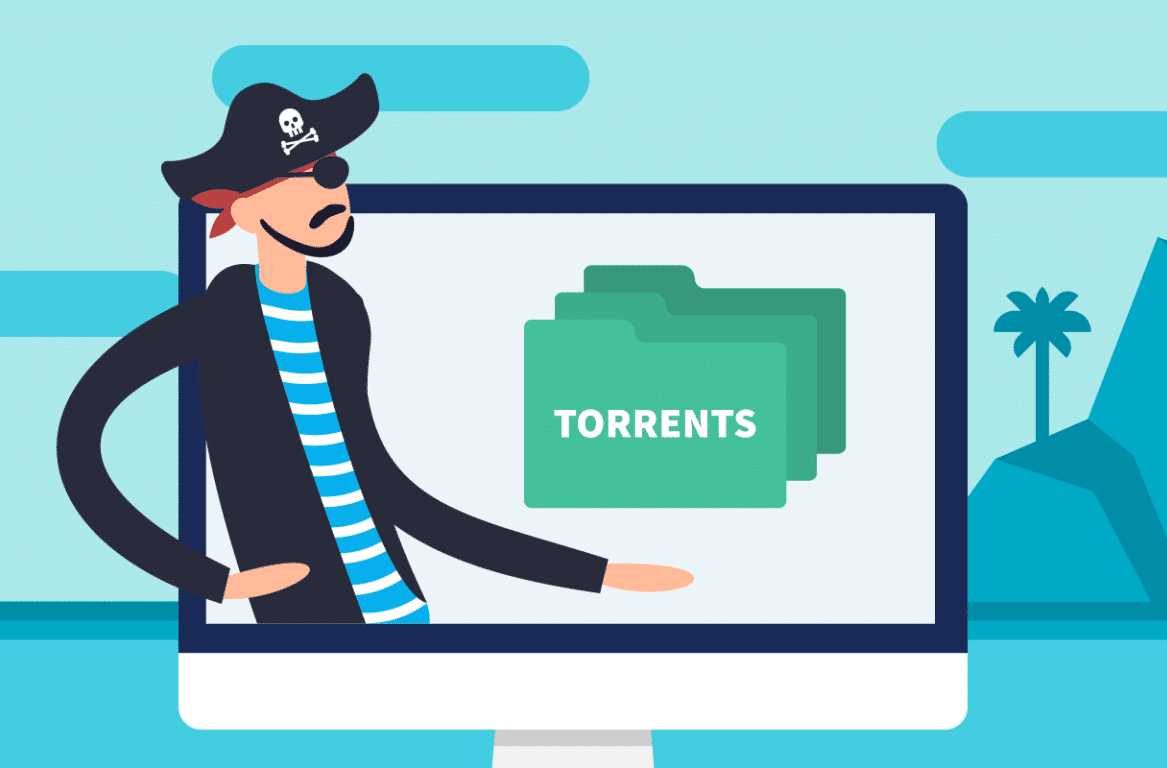684
When you hear or read about “torrents,” it is often not immediately clear what they are. In this article, you will learn what the term means, how the process works, what advantages it offers, and what you should keep in mind when using it.
What torrents actually are and how the torrent process works
A torrent file is a small file (usually less than 1 MB) that does not contain any actual content such as movies or music.
- Instead, it stores metadata that describes how and where a larger file (e.g., a movie, program, or software) can be downloaded from the Internet.
- You need special software, known as a torrent client (e.g., qBittorrent, BitTorrent, or uTorrent), to open the file and start the actual download.
- How the torrent process works: Torrents use a peer-to-peer network (P2P). Data is not transferred via a central server, but directly between many individual computers (peers). Each participant downloads small parts of the file and simultaneously passes on parts that have already been downloaded to others – this process is known as seeding.
- Important terms: Seeder: Users who have a complete file and distribute it to others.
- Leecher: Users who have not yet downloaded the file in its entirety.
- Magnet link: An alternative to torrent files. Instead of downloading a file, the link contains all the necessary information directly for the torrent client.
- The more people share a file at the same time (i.e., seed it), the more stable and faster the download will be. This makes the torrent process particularly efficient, especially for large files.
Is the use of torrents legal?
In principle, the use of the torrent process is legal. Numerous reputable providers use it, such as:
- Open source projects (e.g., Linux distributions such as Ubuntu or Debian)
- Universities and research institutions for distributing large amounts of data
- Game developers for updates and downloads
- It only becomes illegal if you upload or download copyrighted content (e.g. films, series, music or software) without the permission of the copyright holder. In Germany, this constitutes a copyright infringement that can be prosecuted under civil law – often with warnings and demands for payment. Since data is also automatically uploaded during the torrent process, even passive sharing can be legally problematic.
- How to protect yourself: Anyone who uses torrents – even for legal purposes – should consider data protection and anonymity. VPN services (virtual private networks) offer protection here by concealing your IP address. This can be particularly useful if you do not want your data traffic to be publicly visible.

